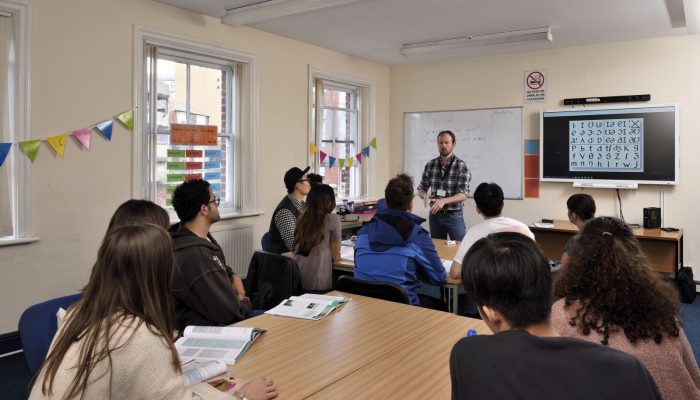
Generally, students are taught basic science and given a rudimentary overview of the political system from a young age. I remember learning how to do basic experiments from the age of 7 and learning about the Australian Parliament not long after that. We had specific classes dedicated to various scientific disciplines in high school and when I went onto study environmental science in my Bachelors, I was given the opportunity to study a wide range of scientific topics from atmospheric chemistry to ecology. Despite the applied nature of many of my courses in my undergraduate degree, I was never formerly introduced to science for policy or how science is used in the policymaking process.
Science for policy is becoming more common in higher-levels of the education system and in practical work placements but should students in fundamental science-based degrees also learn about science for policy? And should those studying a political science major bother to learn about how fundamental science is conducted?
On one hand, teaching a student something that they are unlikely to deal with on a first-hand basis could be seen as a waste of time. Not everyone needs to know details about the interaction between policy and science and it certainly isn’t relevant for every university course. On the other hand, having a basic understanding of science for policy before entering the workforce or starting a PhD could reduce the communication barriers between future researchers and policymakers.
If you are in a teaching position (either as a lecturer, guest speaker or professor) and would like to give your students some information about science for policy, it may be difficult to know how to approach the topic, especially when it isn’t something that you feel you know back to front. But there are lots of options to help you give your students information about it, some of which are outlined below.
Finding and inviting a guest speaker with practical experience working in the science for policy arena might be easier than you think. There are many people working within local government who have either previously worked as a researcher or who work directly with researchers in their daily activities. There may also be researchers working on a policy-related issue within your university or at a nearby research institution. On the flipside of this, if you’re working in the science-policy interface rather than as an educator, you may consider offering up an hour or two of your time to talk to a group of students about your work.
If you can’t get the mountain to come to you, then you can go to the mountain! A lot of government bodies and agencies (including the European Parliament) are happy to receive students or smaller groups on an educational excursion.
Role-playing policy related scenarios are not only a great way to encourage your students to do their own research on a particular policymaking role but to also increase class participation and engagement. The 2018 EGU General Assembly even got on board the policy role-playing train with the short course, World Climate: an interactive simulation of climate negotiations, which aimed to get participants to create a global deal that met international climate goals. There are many templates of role-playing exercises online as well as other online resources that are specifically designed for lecturers and teachers who would like to incorporate science for policy into their regular syllabus.
Lastly, science for policy doesn’t necessarily have to take up an entire unit – it’s something that can be explained within a particular theme or module. If you look closely, science for policy may already be a part of your lesson. Linking scientific concepts with real world examples can help students identify how science has influenced policy. For example, you could link a chemistry class on plastic polymers to their rate of degradation, the issue of plastic waste and the EU’s strategy to combat it.
It is also worth noting that not everyone believes fundamental science and policy should be mixed or even taught together at all. If you are teaching a specific subject and are thinking about incorporating science for policy into a lecture or presentation it’s a good idea to check with your department chair or supervisor first.




